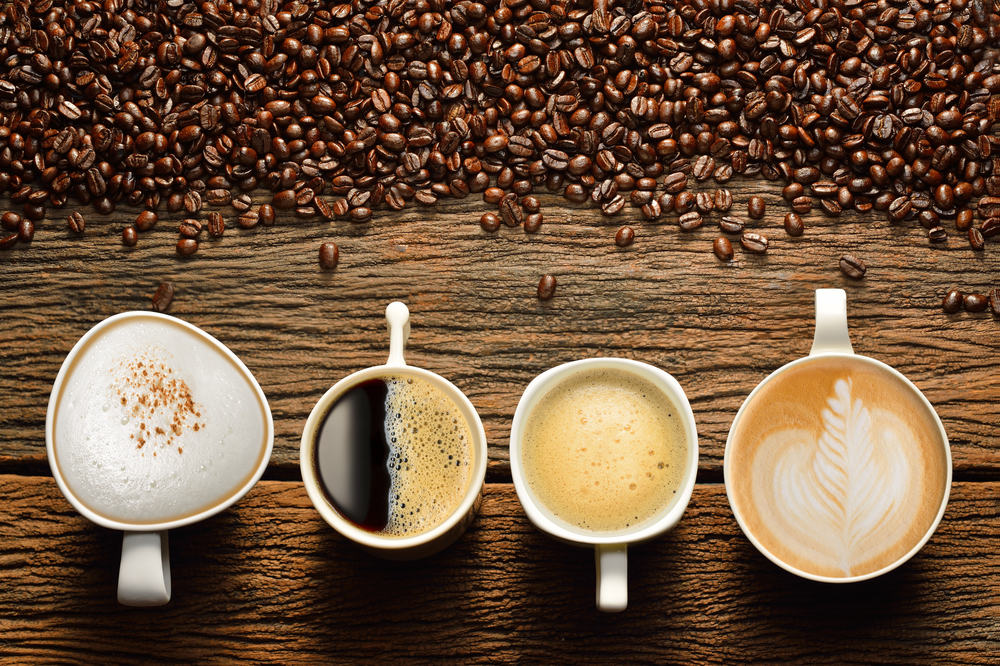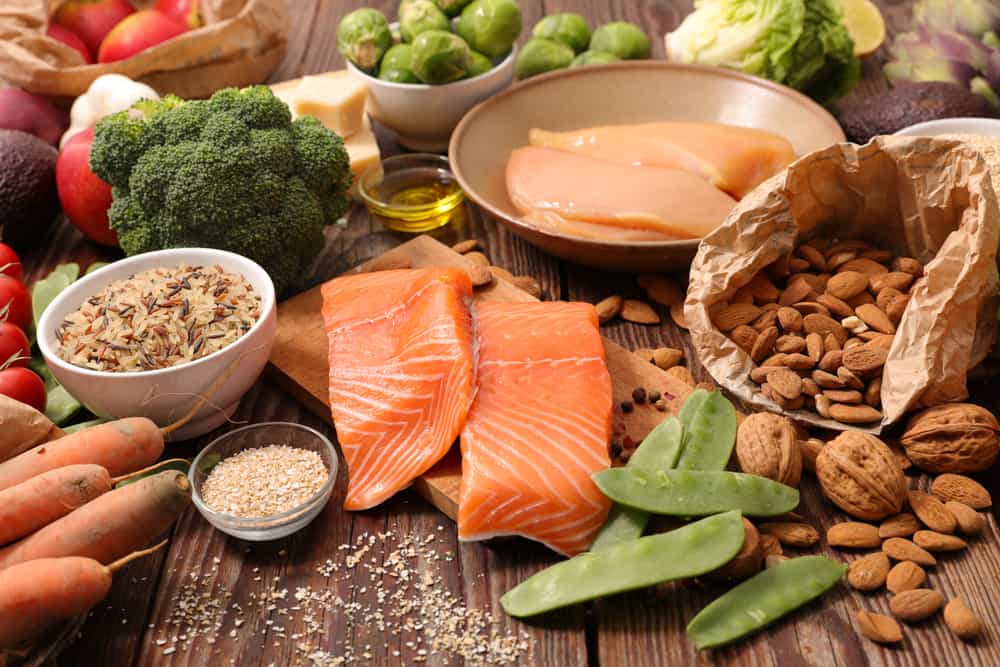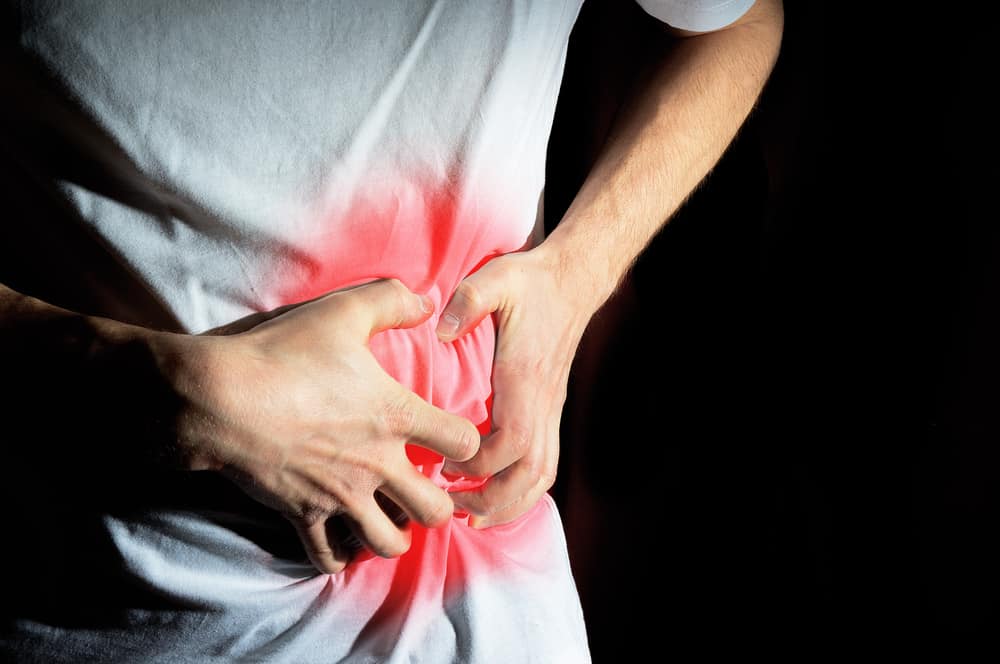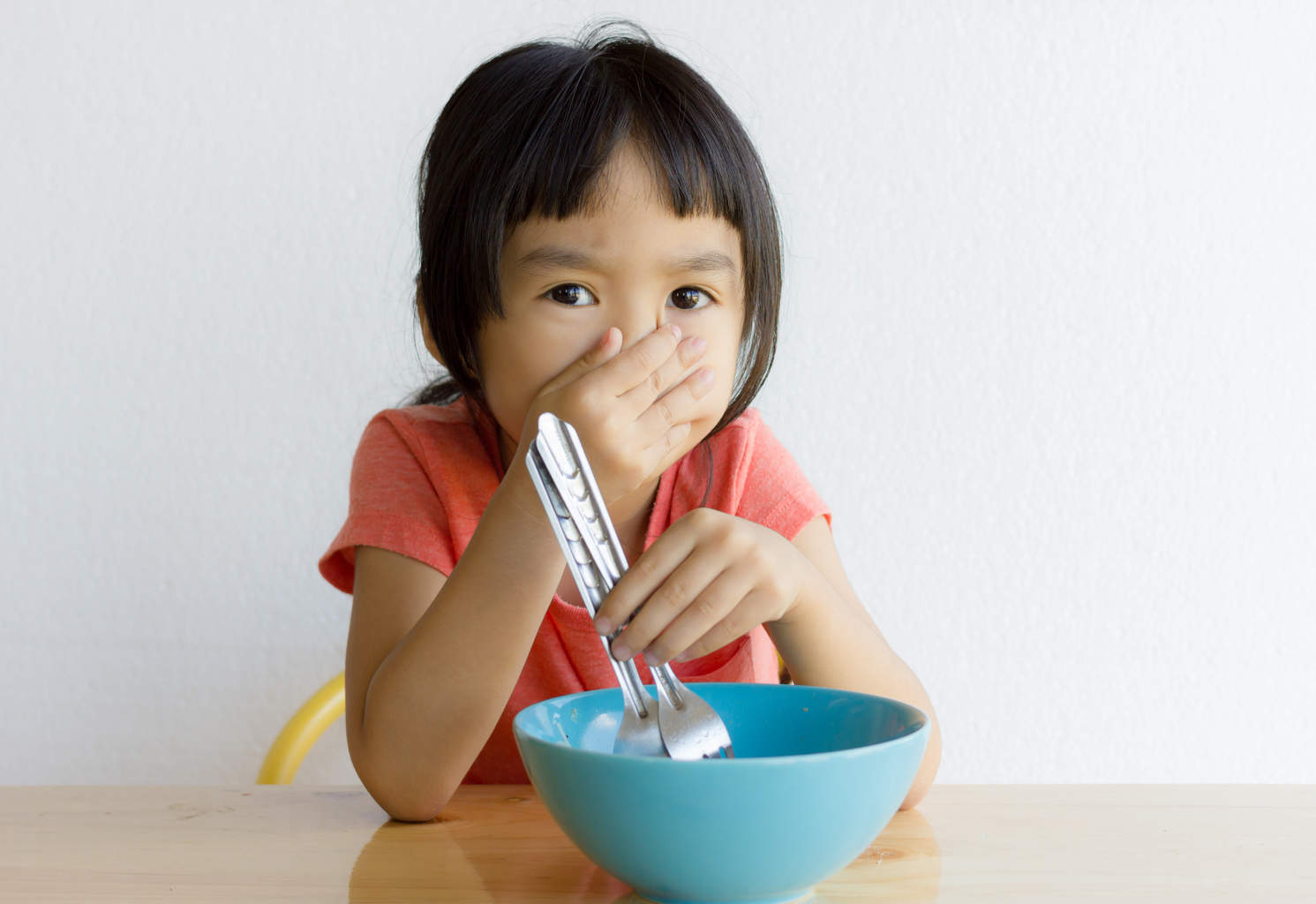Contents:
Medical Video: 7 Facts About Coffee You Probably Didn’t Know
For most people, a cup of coffee is one reason to be ready to get up early and leave home. But next time you stop by a coffee shop near the office to enjoy your favorite coffee, take a moment to reflect on what's inside your coffee cup. Wrong-wrong, you can actually stock up on belly fat!
Here, we see the nutritional value of three types of coffee: espresso, cappuccino, and milk coffee. How healthy, is your favorite coffee?
Comparison of the nutritional value of espresso, cappuccino, and milk coffee
Benefits of espresso
Espresso is coffee brewed using a special high-pressure machine that dissolves ground coffee beans with a burst of hot water. The result is a hot, thick and thick black coffee drink served in a mini cup. Espresso includes strong coffee - in taste and caffeine content. Espresso is the main foundation of other coffee concoction drinks, including milk coffee and cappuccino, which are often higher in calories because of added milk and sugar.
Espresso has no meaningful nutritional value. One mini cup (shot) of espresso has a calorie content of 5 milligrams, 80-120 milligrams of caffeine, and zero protein. Registered nutritionist, Catherine Collins from St. Hospital George London, reported from Daily Mail, say espresso is right for you to consume if you want to cut weight. Taking moderate doses of caffeine stimulates the central nervous system and improves exercise performance. Exercising longer or increasing the intensity becomes higher resulting in burning more calories per session, resulting in greater fat burning. So, one shot of espresso before exercising can provide weight loss benefits.
Benefits of cappuccino
Cappuccino is a coffee drink made from a combination of espresso and steamed milk, which is coated with thick milk foam. Unlike espresso which is almost zero nutrition, a glass of cappuccino contains a number of additional nutritional values derived from milk, such as calories, fat and carbohydrates - but the content will vary based on the type of milk used.
A sugarless Tall (12 oz.) Cappuccino with soy milk, for example, contains 64 calories, 3 grams of protein, and 2 grams of fat. Meanwhile, a glass of the same size cappuccino formulated with nonfat milk contains 75 calories and 7 grams of protein. A glass of Tall (12 oz.) Size cappuccino with full-fat milk can contain up to 150 calories, 6 grams of fat (4 grams of saturated fat), and 6 grams of protein. Spices such as cinnamon powder and nutmeg are sometimes added to additional flavorings, but do not contribute additional calories. A glass of Tall size cappuccino contains an average of 75 mg of caffeine.
Cappuccino is not considered to be a nutrient-dense beverage, but it contains vitamin A, iron, and calcium which is quite high. A glass of Tall (12 oz.) Sugar-free cappuccino with soy milk contains 6 percent of the total recommendations for vitamin A, 16% calcium, and 3 percent iron; with nonfat milk containing 9% vitamin A and 20 percent calcium from total daily needs; while cappuccino with full-fat milk contains 5 percent vitamin A and 23% calcium from the total daily recommendations. Vitamin A is a fat-soluble vitamin that helps in cell metabolism, while calcium plays a role in maintaining healthy bones and teeth. Iron transports oxygen through the blood.
Benefits of milk coffee
Coffee milk, aka caffè latte, is almost the same as a glass of cappuccino - made from espresso and steamed milk. What distinguishes the two is the comparison of the portion of milk in milk coffee which is more than the cappuccino.
A glass of Tall (12 oz.) Milk coffee with sugarless soy milk contains 18 grams of carbohydrates, 130 calories, 4 grams of fat, 7 grams of protein, 18 grams of carbohydrates, and 30 percent of calcium. Meanwhile, a glass of the same size milk coffee formulated with nonfat milk contains 100 calories, 10 grams of protein, 15 grams of carbohydrates, and 35% of calcium. If you use full-fat milk, the nutritional content in your glass of milk is: 180 calories, 9 grams of fat, 14 grams of carbohydrates, 10 grams of protein, and 30 percent of calcium. A glass of Tall size coffee milk contains an average of 75 mg of caffeine.
Catherine Collins said, milk coffee (and cappuccino) formulated with full-fat milk is a good source of protein and calcium, which are important for bone health.
Then, what if sugar or creamer is added to coffee?
Add the numbers below, for the rough estimate:
- One teaspoon of sugar = 16 calories
- One teaspoon of cane sugar = 17 calories
- One tsp standard creamer = 20 calories and 1.5 grams of fat
- 1/2 tbsp sugar and 1/2 tbsp. Cream (called half and half) = 40 calories and 4 grams of fat
Health experts generally advise you to drink bitter black coffee to get its health benefits, rather than sugary coffee and fat drinks. Coffee is associated with a number of health benefits. For example, several studies have shown that coffee drinkers have a reduced risk of certain diseases, including type 2 diabetes, Parkinson's disease, heart disease, dementia, and even some types of cancer. Some studies have even linked coffee consumption with a reduced risk of death. But that does not mean that coffee causes these health benefits to occur.












